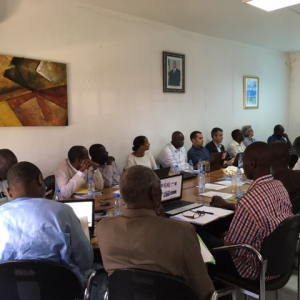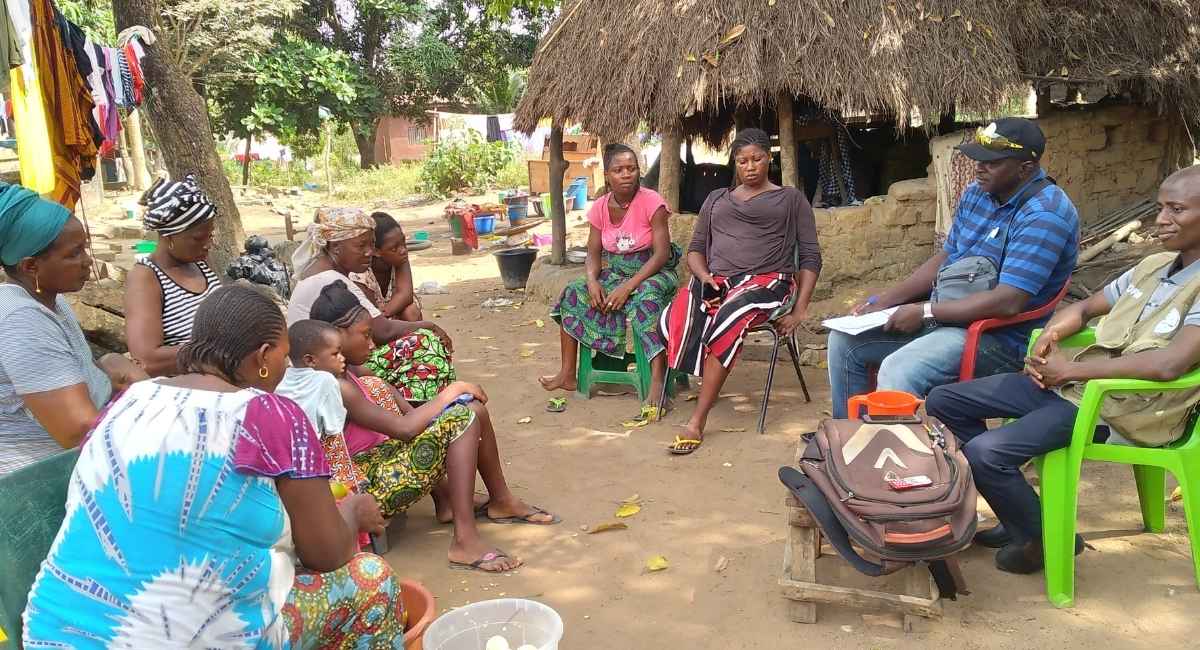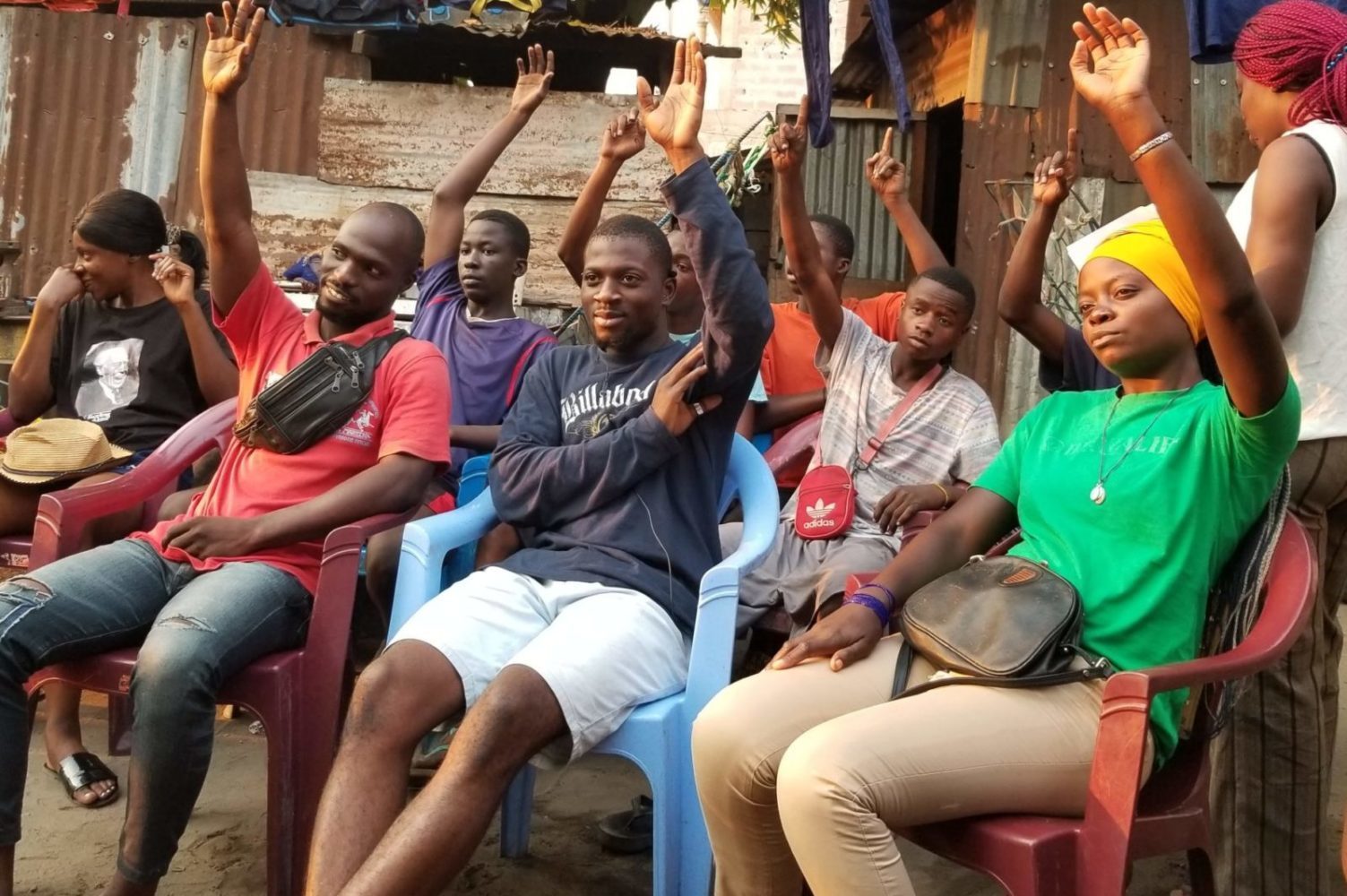In Mauritania, GRET recently created the first workshop-school entirely dedicated to manufacturing improved cooking stoves. This initiative aims to improve access to energy for the poorest urban households in Nouakchott and Rosso.
Firewood is the main source of energy for nine families out of ten in Mauritania. In this Saharan country, two thirds of which is made up of desert, intensive use of this costly fuel increases pressure on both natural resources and on the family budget of the poorest households. In light of this, GRET launched the Farim project in 2015, in partnership with energy group Engie and GRET’s endowment fund for innovation, Find. A first phase of the project made it possible to define a strategy for the implementation of an improved stove value chain, to provide quality, energy-efficient products suited to the needs of low-income urban populations in Mauritania. Detailed analysis of households’ requirements, technical adaptations following laboratory tests and market testing of a first series of improved stoves were conducted. The model developed, named Fayda, features numerous advantages and contributes to reaching several Sustainable development goals (SDGs), in particular in the areas of public health, poverty reduction, safeguarding natural environment and minimizing greenhouse gases.
Prior studies conducted during the first phase of the project showed that it was very difficult to control the quality and cost price of improved stoves when they are produced in traditional, geographically dispersed workshops. For the latter, manufacturing stoves is often a marginal activity. The production of Fayda improved stoves necessitates compliance with production standards, as well as greater material and qualitative regularity; so, in April 2017, GRET decided to create a specialised workshop-school, combining safe, effective, modern equipment and specialised technical training. This new workshop made it possible to recruit and train three young apprentice welders from disadvantaged families. All three were recommended by the Caritas vocational training centre and the Centre for vocational training and development in Nouakchott (CFPP). A training and production manual was also drawn up. The Fayda manufacturing workshop also sets new professional standards. Its equipment and its innovative organisation will make it a leading workshop in the artisan sector in Mauritania, and will contribute to strengthening and increasing skill levels in the profession.
Training of artisans also enabled the production of the first Fayda stoves. The project also marketed almost 250 stoves via partner shopkeepers and women’s credit unions. By 2019, economic interest groups, women’s groups, businesses and international bodies will have joined these distribution partners, and retailing will have been developed, facilitating sustainable distribution and outlets compatible with existing distribution networks. The project aims to create a social business and establish it in the local economic landscape, in order to ensure its sustainability and reach the goal of marketing 8,000 Fayda stoves over three years. This will make it possible to meet demand for 50,000 inhabitants, among the poorest in Nouakchott and Rosso, who depend on charcoal for cooking. This tailored offer will provide them with a healthier, more cost-effective means of cooking that has less impact on the environment.
GRET and its partners now intend to develop the workshop’s production, via training and support for 12 more apprentice artisans and the distribution of stoves, thanks to commercial and marketing support. Implementation of certification should ensure the quality of production. In addition, continuation of the research and development aspect will lead to improvement of the existing stove model, and to expansion of the range.
Although the end results of the project are expected in 2019, initial progress is promising and has strengthened the determination of Engie, Find and GRET to jointly provide a local, innovative response to the common challenge of sustainable, inclusive development.





